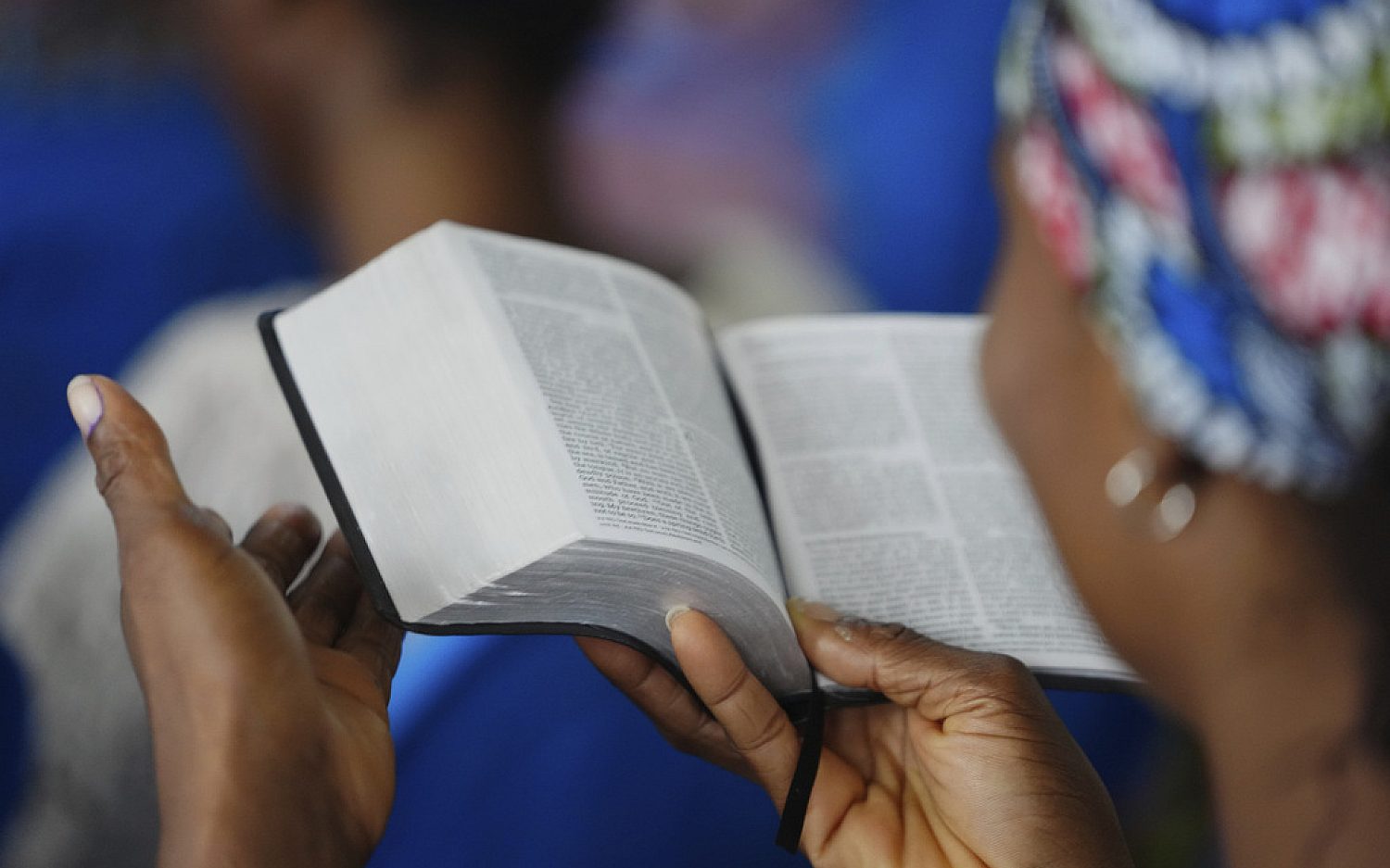Supreme Court green lights gay marriage
Supreme Court order allows lower courts to legalize same sex marriage state by state
The U.S. Supreme Court opened its fall term today with a big surprise: It denied all seven pending petitions on same-sex marriage cases. The rejection will allow gay marriages to proceed in Virginia, Indiana, Wisconsin, Oklahoma, and Utah where judges struck down state laws that defined marriage as between one man and one woman.
The order also likely means the end of traditional marriage laws within the geography of the circuits where the Supreme Court allowed gay marriage rulings to stand. For example, the 4th U.S. Circuit Court of Appeals struck down Virginia’s traditional marriage law and the Supreme Court today rejected an appeal of that decision. That means judges within the 4th Circuit have the authoritative precedent to strike down North Carolina’s law defining marriage as between one man and one woman. Six states, just to start, are likely to see their traditional marriage laws go down in court as a result of this order: North Carolina, South Carolina, West Virginia, Kansas, Colorado, and Wyoming.
Many court observers believed the court would take up one of the same-sex marriage petitions and decide the issue nationwide this term. By denying all the cases, the court has punted the question of the constitutionality of traditional marriage laws. But in effect, the denials will allow lower courts to legalize gay marriage piecemeal.
With the denials, same sex marriage will likely now be legal in 30 states and Washington, D.C. In many cases, the marriages are moving forward because a judge has overturned a state-level law defining marriage as only between one man and one woman.
In 2013, the Supreme Court struck down part of the Defense of Marriage Act (DOMA), allowing federal benefits to same-sex couples. In his decision Justice Anthony Kennedy (the deciding vote on the issue) used “equal protection” language that signaled his willingness to strike down states’ traditional marriage laws.
In reference to DOMA overruling state laws legalizing gay marriage he wrote, “It tells those [same-sex] couples, and all the world, that their otherwise valid marriages are unworthy of federal recognition. … It humiliates tens of thousands of children now being raised by same-sex couples.”
But the DOMA decision did not immediately telegraph the court’s attitude toward a constitutional right to gay marriage. While Kennedy used equal protection language in the decision, he also spoke in defense of states’ rights to define their marriage laws. Justice Antonin Scalia, in the dissent, called Kennedy’s decision “legalistic argle bargle,” because he was intertwining arguments for federal rights with states rights.
With lower courts now allowing gay marriages to go forward, it seems unlikely Kennedy would ever vote to retract those marriage licenses despite his talk about states’ rights.
Following the court's practice, today’s orders came without any explanation, so no one knows the court’s strategy behind the decision. The court only needs four votes to hear a case, so one of the conservative justices—Chief Justice John Roberts, Justices Scalia, Clarence Thomas, or Samuel Alito—decided to leave the lower court rulings in place. Roberts seems the most likely candidate of those four to take such a vote. It is possible he realized Kennedy might vote with the liberal justices to declare same-sex marriage a constitutional right if the court took a case.
Another reason the court may have rejected the petitions is that the lower courts were not in disagreement: In all of the petitions, courts supported gay marriage. If a circuit court issues a ruling in support of a traditional marriage law, then the Supreme Court might reconsider hearing a marriage case. But given the track record of marriage cases so far, a pro-traditional marriage ruling from a circuit court seems unlikely.
An actual newsletter worth subscribing to instead of just a collection of links. —Adam
Sign up to receive The Sift email newsletter each weekday morning for the latest headlines from WORLD’s breaking news team.





Please wait while we load the latest comments...
Comments
Please register, subscribe, or log in to comment on this article.